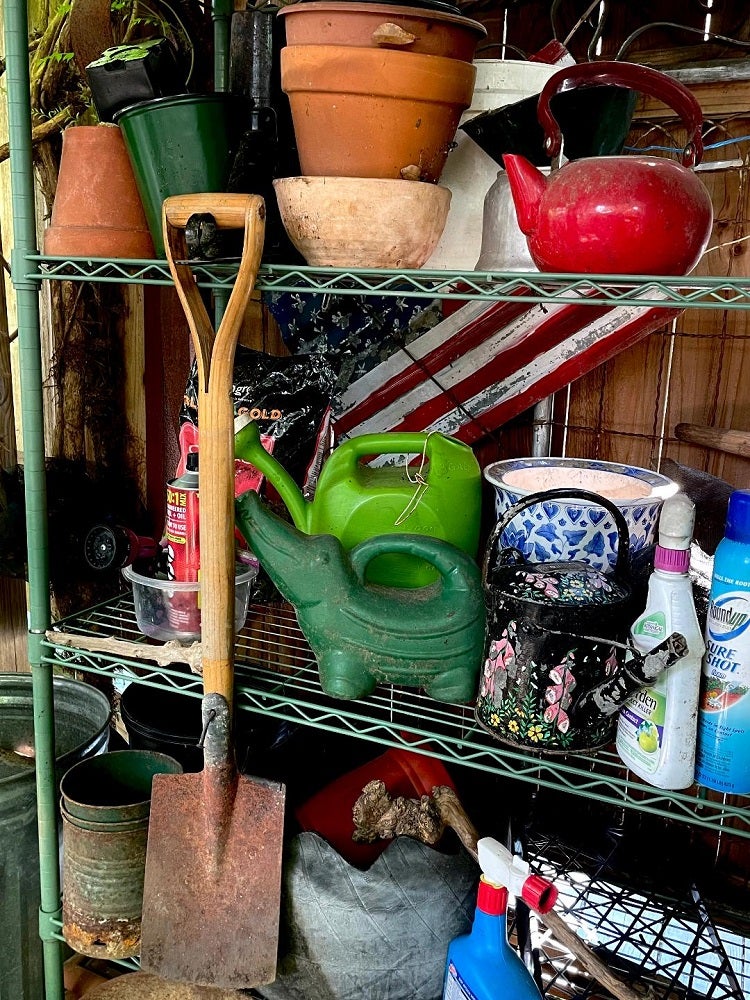Government proposes cutting support for Meals on Wheels, part 1
Published 7:00 am Friday, May 26, 2017
By Trudy Lieberman
Federal funding for meals on wheels is on the chopping block. The Trump administration budget blueprint released in March calls for the elimination of two federal block grants:
That’s money the federal government gives the states for social welfare programs, and those programs include home-delivered meals and meals served in senior centers.
Most of the nation’s 5,000 meal programs also rely on money from the Older Americans Act passed in 1965 to fund about 35 percent of the cost of the meals they serve.
Those funds are also in jeopardy. The budget blueprint calls for an 18 percent cut to the budget of the Department of Health and Human Services (HHS), which administers the Act, and programs are bracing for more cuts.
Paul Kraintz who heads the senior nutrition program at Meals on Wheels in Martinez, California, says while his program would lose about $67,000 it now gets from one of the block grants, he’s really worried about the potential budget cut at HHS. “If they take 18 percent of that, it’s going to be big.”
Why the attack on meals delivered to the elderly, many of whom are homebound, ill, and unable to cook or shop?
At his March news conference,
budget director Mick Mulvaney told reporters, “Meals on Wheels sounds great,” but to take that federal money and give it to the states, and say, ‘Look we want to give you money for programs that don’t work’ – I can’t defend that anymore.”
He claimed the program was “just not showing any results.”
Mulvaney didn’t say what he meant by results. He didn’t have to. His comments were aimed at creating doubt in the minds of legislators who might look favorably on cutting the Health and Human Services funds for use elsewhere in the federal budget. The potential impact on hungry elders was not a high priority.
It didn’t matter that thousands of seniors on waiting lists for food in communities across the country are, in effect, stuck in a bread line.
Several academic studies examining meals on wheels programs have challenged comments like Mulvaney’s regarding the program’s effectiveness.
A recent randomized controlled study funded by the AARP Foundation showed significant differences among seniors on waiting lists, those receiving home-delivered meals, and those getting deliveries of frozen foods.
Seniors with home-delivered meals reported the greatest improvement in health and quality of life.




